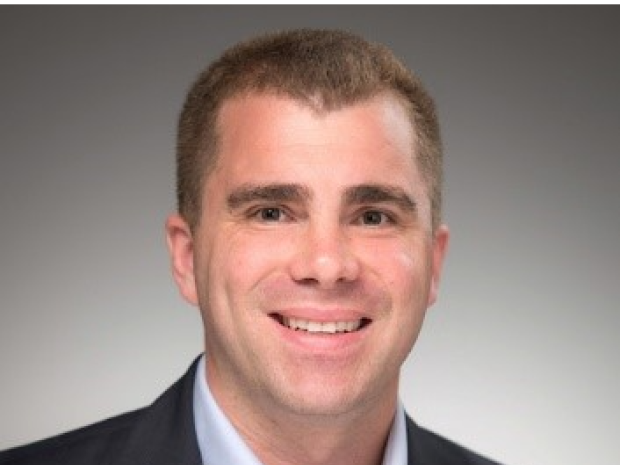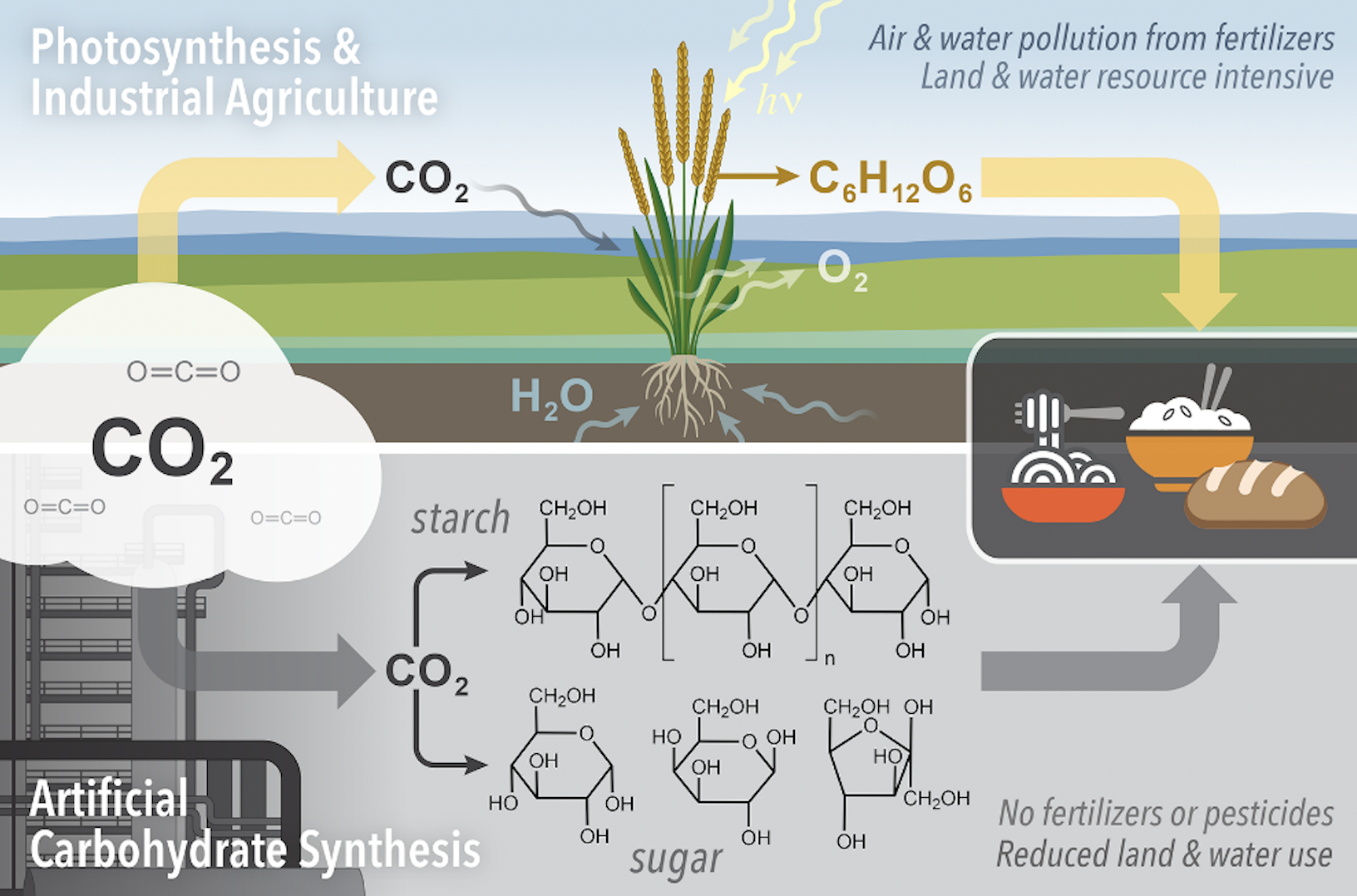Catalytic Membranes for Integrated CO2 Capture and Conversion: Towards Artificial Carbohydrate Synthesis

Speaker:
Casey O’Brien
Assistant Professor
Department of Chemical and Biomolecular Engineering
University of Notre Dame
Professor O’Brien received his BS in Chemical Engineering from the University of Colorado at Boulder in 2006 and his PhD from Carnegie Mellon University in 2011. Following his PhD he was a postdoctoral fellow in the Chemical Physics Department at the Fritz Haber Institute from 2011-2014, and a postdoctoral fellow in the Sensors and Electron Devices Directorate at the U.S. Army Research Laboratory from 2014-2017. He is currently an Assistant Professor in the Department of Chemical and Biomolecular Engineering at the University of Notre Dame. Professor O’Brien’s group focuses on reducing the CO2 concentration in the atmosphere by developing catalytic materials that directly remove CO2 from the atmosphere, or reduce the amount of CO2 emitted into the atmosphere. Our main expertise is in developing and using advanced operando spectroscopic techniques that probe catalytic interfaces under realistic operating conditions.
Abstract
The agriculture industry relies on biogenic photosynthesis to meet world demands for carbohydrates that are used for food and consumer products. However, this biogenic approach requires extensive land and water resources, produces significant greenhouse gas (GHG) emissions, and pollutes freshwater sources with excess nitrogen fertilizers. As the global population increases, the demand for carbohydrates will surpass what biogenic photosynthesis can supply, and negative environmental impacts will be exacerbated. In principle, edible carbohydrates could be synthesized artificially from CO2. Compared to the current biogenic approach, artificial carbohydrate synthesis from CO2 has significantly lower GHG emissions, reduced freshwater requirements, a smaller physical footprint, and no need for fertilizers or pesticides. Converting CO2 to edible carbohydrates is a significant challenge, however, because of the high thermodynamic stability of CO2, the high complexity of carbohydrates, and the required scale of such a process.
In the first part of this talk, I will discuss the challenges and opportunities for scientific innovation to enable commercially-viable artificial carbohydrate synthesis from CO2 at gigaton-per-year scales. In the second part of the talk, I will discuss a catalytic membrane technology we are developing for integrating CO2 capture from air with CO2 conversion to carbohydrate intermediates. The membrane is inspired by nature, and utilizes facilitated transport mechanisms and catalytic active sites that nature uses for photosynthesis, but minimizes inefficiencies in the photosynthetic process.


